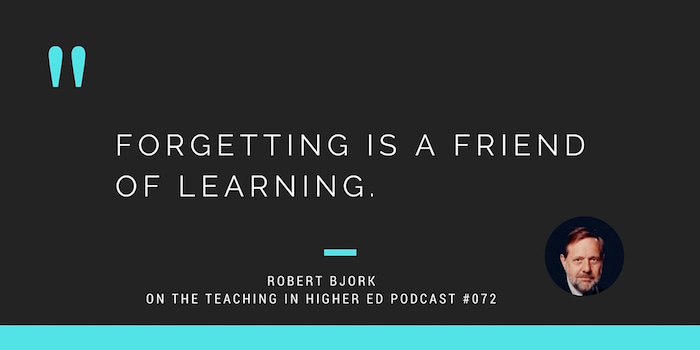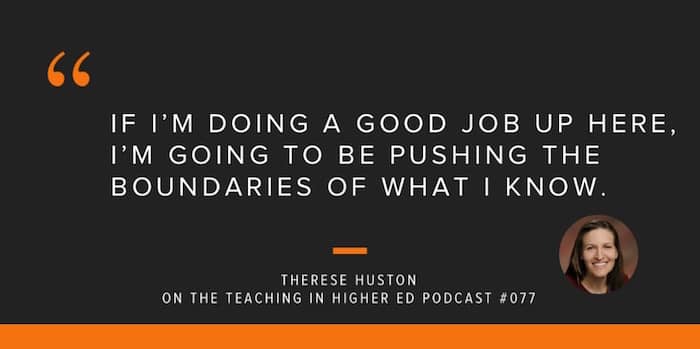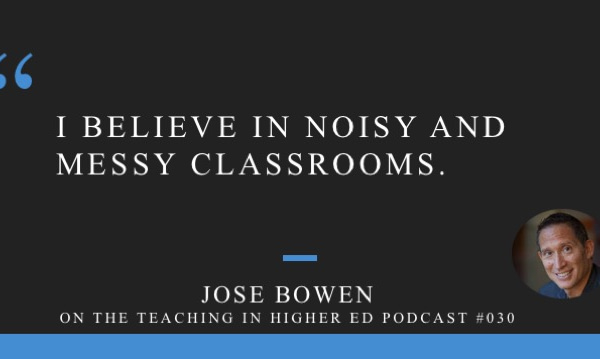This is a multi-part post in which I practice my curation skills and share what I'll be taking in to 2016 from the past year's podcasting efforts.
You may want to start with part 1 and part 2, if you want to get all 15 lessons.
Lesson #11
Create regular opportunities for retrieval.
Robert Bjork described the strength of attempting to retrieve information out of our brains as we are learning. Even if my students wind up not being able to come up with an answer, their brains will still be making new connections when they are reminded of the missing data.
That's why Bjork says that “forgetting is a friend of learning.”

https://teachinginhighered.com/72
Lesson #12
We like to pick people who are like us and that's not a good thing when choosing groups for projects.
Jim Sibley has been in my head since the episode he was a guest on, as I contemplate whether I should change the way groups are formed for projects in my various classes. This is still something I am reflecting on and I haven't made any firm changes as I write this. However, it still seems like “lesson” from 2015 since it is still challenging my thinking in this way.
https://teachinginhighered.com/73
Lesson #13
Something amazing happens when we go public in our scholarship.
Kris Shafer inspired me greatly on episode 74, as he spoke about his public scholarship efforts. As he has introduced this idea to his students, he helps them navigate the online world in all of its complexity and discover news ways to influence.
https://teachinginhighered.com/74
Lesson #14
Keep getting better by “teaching out loud.”
Doug McKee has been on the show now a couple of times (and I hope we're just getting started!). He also is a co-host of the Teach Better podcast and regularly blogs about his quest for continually improving his teaching skills. He inspires me to never let up in my pursuit of excellence in facilitating learning.
https://teachinginhighered.com/76
Lesson #15
There are many advantages to teaching what you don't know.
This seems like the secret no one wants to talk about. We sometimes are scheduled to teach classes outside of our content expertise.
Therese Huston helped me see that I'm not alone in this reality – – and that there are a number of strategies I can take in order to provide higher quality learning experiences for my students when I wind up teaching what I don't know…

https://teachinginhighered.com/77
[reminder]What is a lesson you're taking from the Teaching in Higher Ed podcast into 2016? [/reminder]



